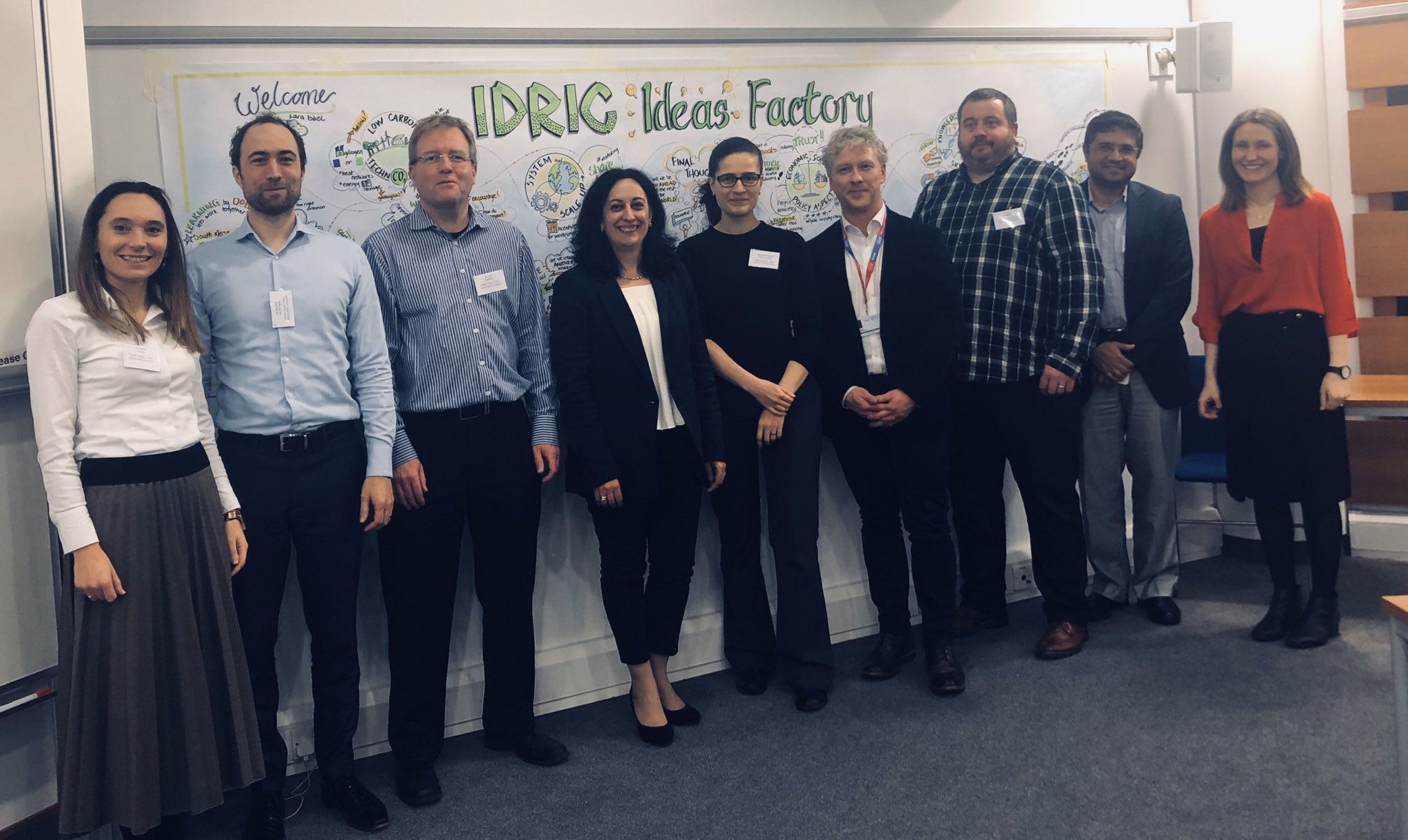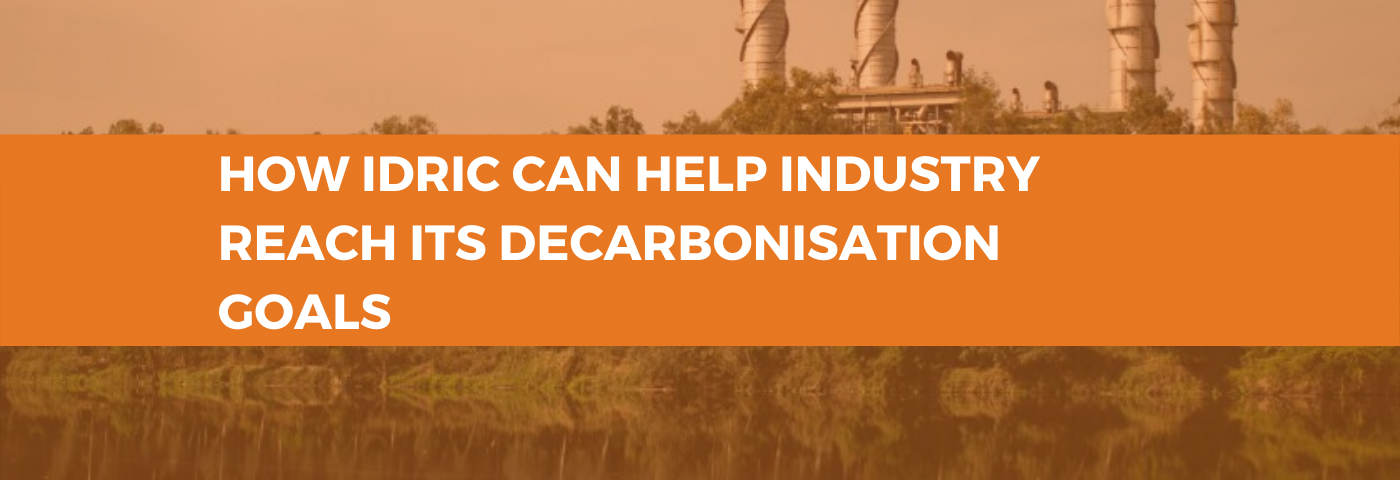
Author: Prof Mercedes Maroto-Valer, Champion UK Industrial Decarbonisation Research and Innovation Centre (IDRIC)
The £20 million Industrial Decarbonisation Research and Innovation Centre (IDRIC) has been tasked with taking the UK’s biggest industrial carbon emitter sites on a path to net zero.
Many industrial areas of the UK remain heavily reliant on carbon fuels. The largest emitting sites are based in Humberside, South Wales, Grangemouth, Teesside, North West England and Southampton. IDRIC has ambitious goals for these sites, including creating the world’s first net zero carbon industrial cluster by 2040 and at least one low-carbon cluster by 2030.
Collaborating to decarbonise is a much talked about topic. We already know that industry, government and academia must work together but what does this mean in practice and how can you get involved?
We outline five reasons why IDRIC can help industry to achieve its decarbonisation goals and why your ideas are essential to this process.
- Multidisciplinary resource at scale
We’re building a multidisciplinary research and innovation programme, which doesn’t currently exist at scale. We’ll reduce the costs, risks and timescales of low-carbon technologies and we will integrate them into the individual business plans of dozens of operators across clusters. By doing so, IDRIC will become a far-reaching resource and ‘one stop shop’, learning from and supporting a wide variety of businesses and organisations. - Growing our green skills together
As the world moves towards low-carbon processes, the UK will be in a strong position to export its ‘green economy’ internationally. Greener skills will form an essential element of IDRIC’s role, ensuring that those currently working in industry are protected and (re)-trained. Decarbonisation projects across clusters may have the same needs, and we can exchange knowledge and best practices to the benefit of all. - Exporting our knowledge
We’re moving faster than many other countries and IDRIC will help accelerate this. We’ll develop a skilled, knowledgeable workforce alongside technology, business models, and policy before anyone else. This could create a new export market but, crucially, also attract multinationals to the UK. All of this provides an opportunity for our industries to provide real innovation to lead the way. - Bridging industry
The industrial clusters are complex – no two are the same. To decarbonise across whole regions, we need a holistic understanding of the challenges in these areas, and overarching solutions. A joined-up approach is required and IDRIC can provide this bridge, but we need to build this understanding first with input from all involved. - Putting people first
Decarbonisation presents a unique opportunity for adapting and engineering new technologies but this can’t come at the expense of communities and jobs. It must be a just transition. This process will only succeed and, most importantly, safeguard local economies if it is delivered in partnership.

Through IDRIC, industry and policymakers can discuss how to accelerate progress, academia can provide research and innovation expertise and, together, we can map out what we need, and when, to achieve net zero emissions.
Join our webinar
We invite you to join our webinar on Tuesday 12th May 2020, 14.00 – 16.00 which will outline our progress as well as the opportunities for you to get involved. Please register here.
IDRIC is funded by the Industrial Strategy Challenge Fund (ISCF) through UK Research and Innovation (UKRI) and is headquartered at Heriot-Watt University. Visit: idric.org, follow us @IDRICUK.


